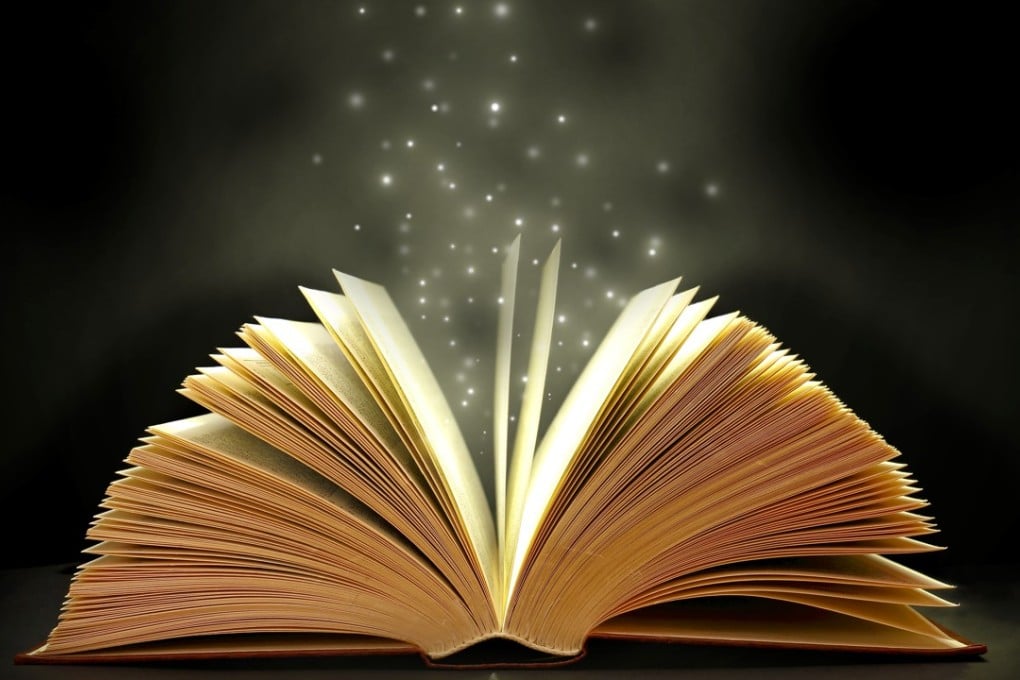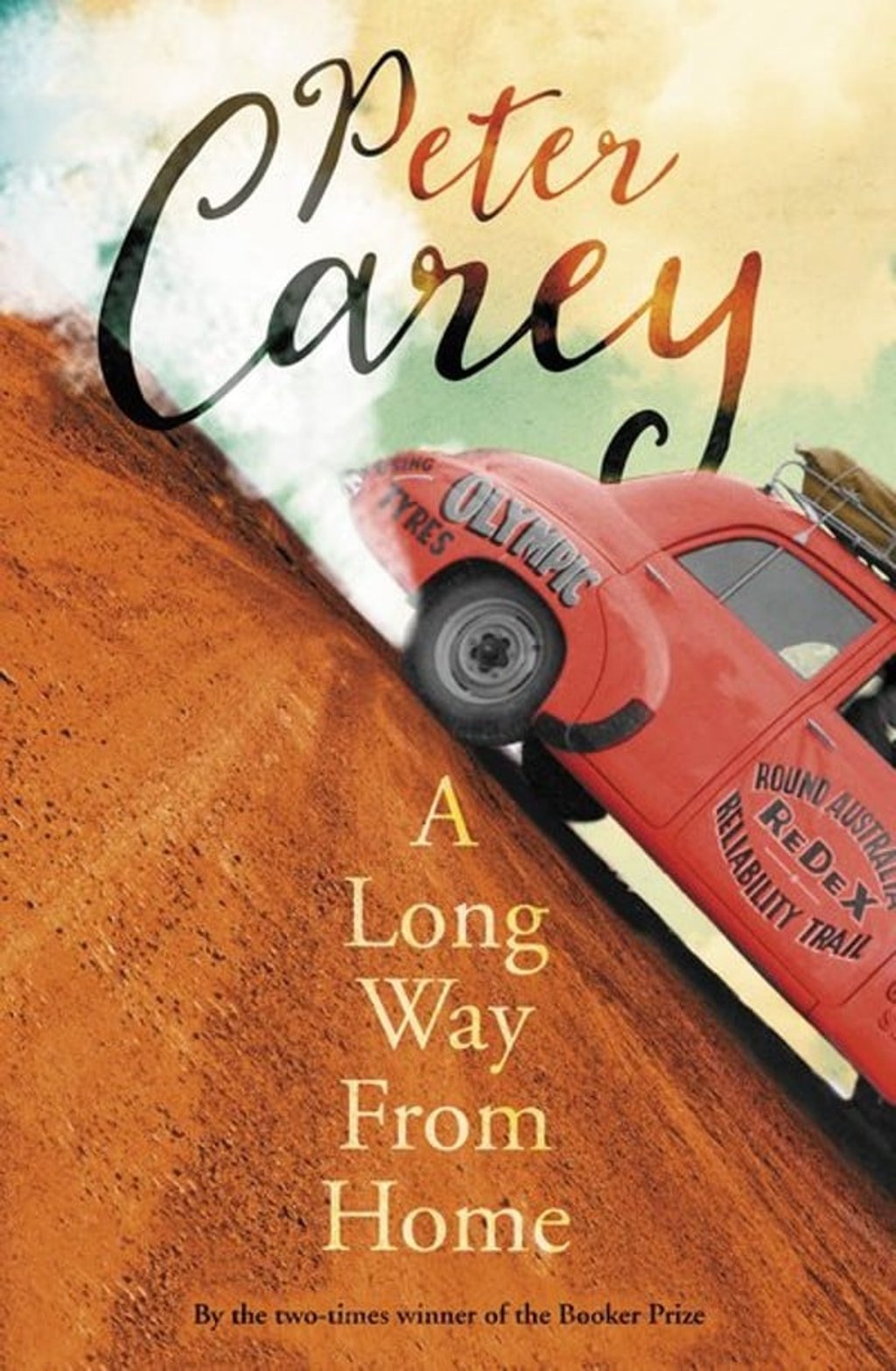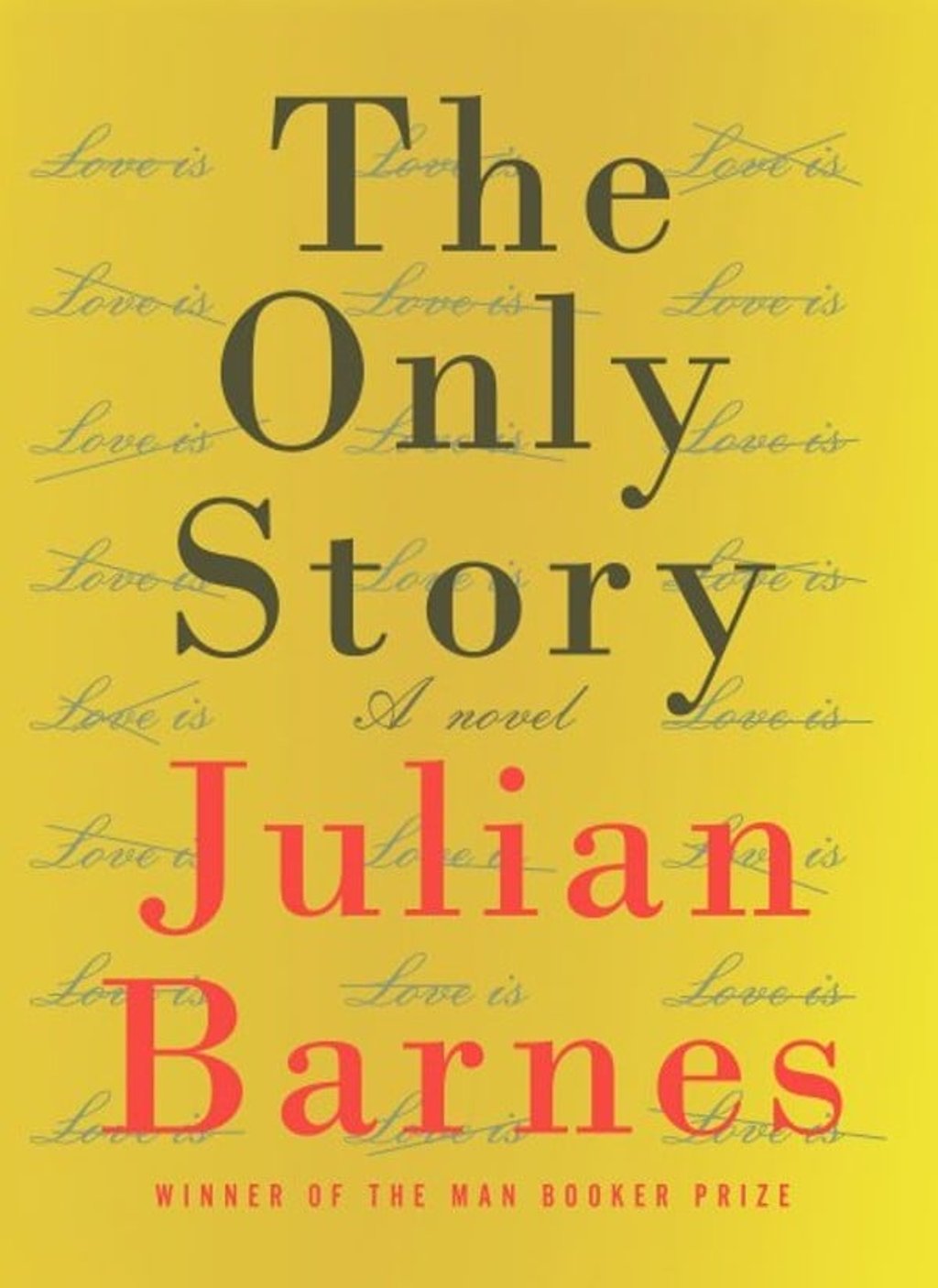The must-read books to come in 2018
The year ahead promises ambitious, rewarding reads in everything from heavyweight literature and Japanese crime fiction to Asian poetry

The past year in books has been positive , at least in China. As OpenBook, the most comprehensive source of book industry data in the country, revealed at the 2017 Beijing International Book Fair in August, sales of printed works had risen 10 per cent in the first half of the year. Books prices were also on the up, which may have been offset by online discounts: for the first year, more books were bought through internet providers than physical retailers.
Despite this optimism, 2017 also ended with some big question marks. What exactly do we read these days? And, more to the point, why? According to the results of an extensive survey conducted in Britain by public body Arts Council England, it is not literary fiction – that vague, one-size-fits-all term for the kind of high-art books that dominate review pages and literary prizes but which apparently fail to engage most actual readers.

It is certainly safe to say that few of the world’s biggest-selling novelists (J.K. Rowling, James Patterson, E.L. James, Stephen King, Keigo Higashino, Yang Hongying, Dan Brown) would touch literary fiction with a bargepole. Nonetheless, several leading literary novelists are about to publish new work: Peter Carey’s A Long Way From Home will be out in January, as will Sri Lankan-born Michelle de Kretser’s The Life to Come. Julian Barnes will release The Only Story in February, while March will welcome new reads by Man Booker regulars Jim Crace (The Melody) and Philip Hensher (The Friendly Ones). Joseph O’Neill’s story collection Good Trouble will follow in the summer.

I’m also excited to see how Irvine Welsh will capitalise on the success of recent Trainspotting sequels in print and on screen. Dead Men’s Trousers (March), which will continue the series, promises to kill off a leading character (my bet is Sick Boy).
